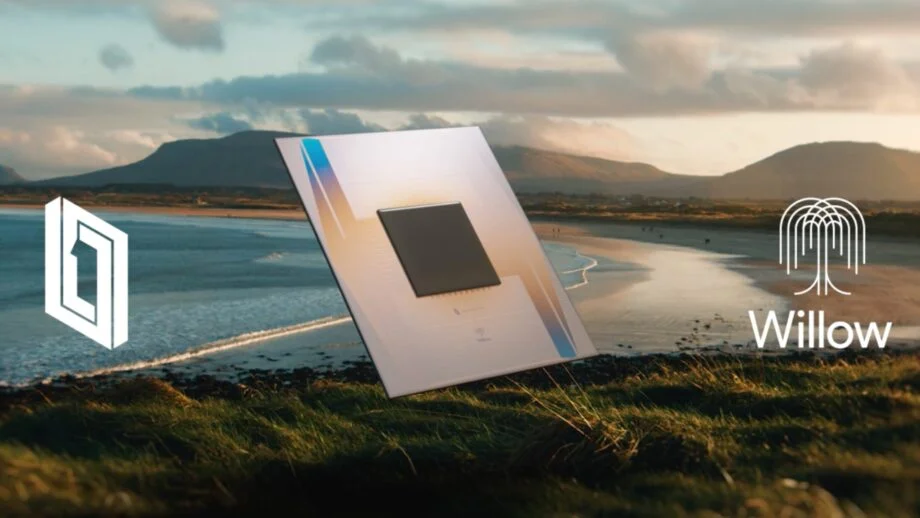Google has announced a new quantum chip called Willow, marking a significant advancement in the field of quantum computing. The Willow chip is capable of solving tasks that would take classical supercomputers billions of years to complete, offering the computational power necessary to achieve quantum supremacy. For instance, Willow can solve a standard benchmark computation in just five minutes, while a classical supercomputer would need approximately 10 septillion years (1025) to accomplish the same task.

Willow’s greatest technological innovation lies in its error correction mechanisms and qubit stabilization. In quantum computing, reducing computational errors is crucial because qubits’ sensitivity to environmental influences and noise leads to the rapid decay of quantum states (decoherence). Google’s Quantum AI team has demonstrated that increasing the number of qubits exponentially reduces computational errors. This means the system’s accuracy and reliability improve significantly with each additional qubit, bringing quantum computing closer to practical applications.
The development of Willow is based on Google’s years of research in the field of quantum computing. Hartmut Neven, head of Google’s Quantum AI team, emphasizes that the chip’s architecture enables better qubit control and more efficient error correction, thus reducing the noise sensitivity of quantum systems. This development lays the foundation for solving large and complex problems in fields such as materials science, drug discovery, and optimization tasks.
The success of the Willow chip demonstrates that quantum computing is gradually moving toward practical solutions, enabling the overcoming of previous technological limitations. Additionally, the chip’s development draws attention to fundamental questions in quantum computing, such as the superposition of quantum states and the potential significance of multiverse interpretations.
In summary, Willow represents a technological milestone that brings quantum computing closer to broad-based adoption.